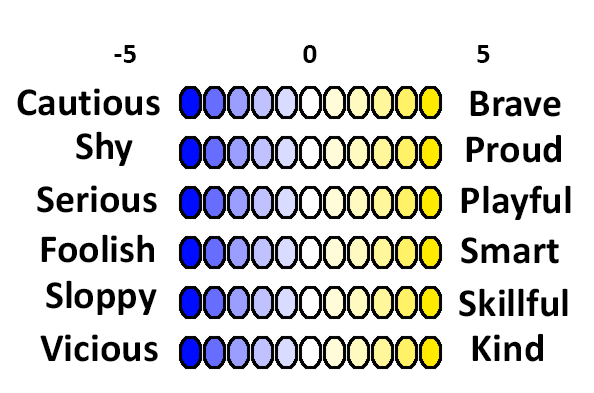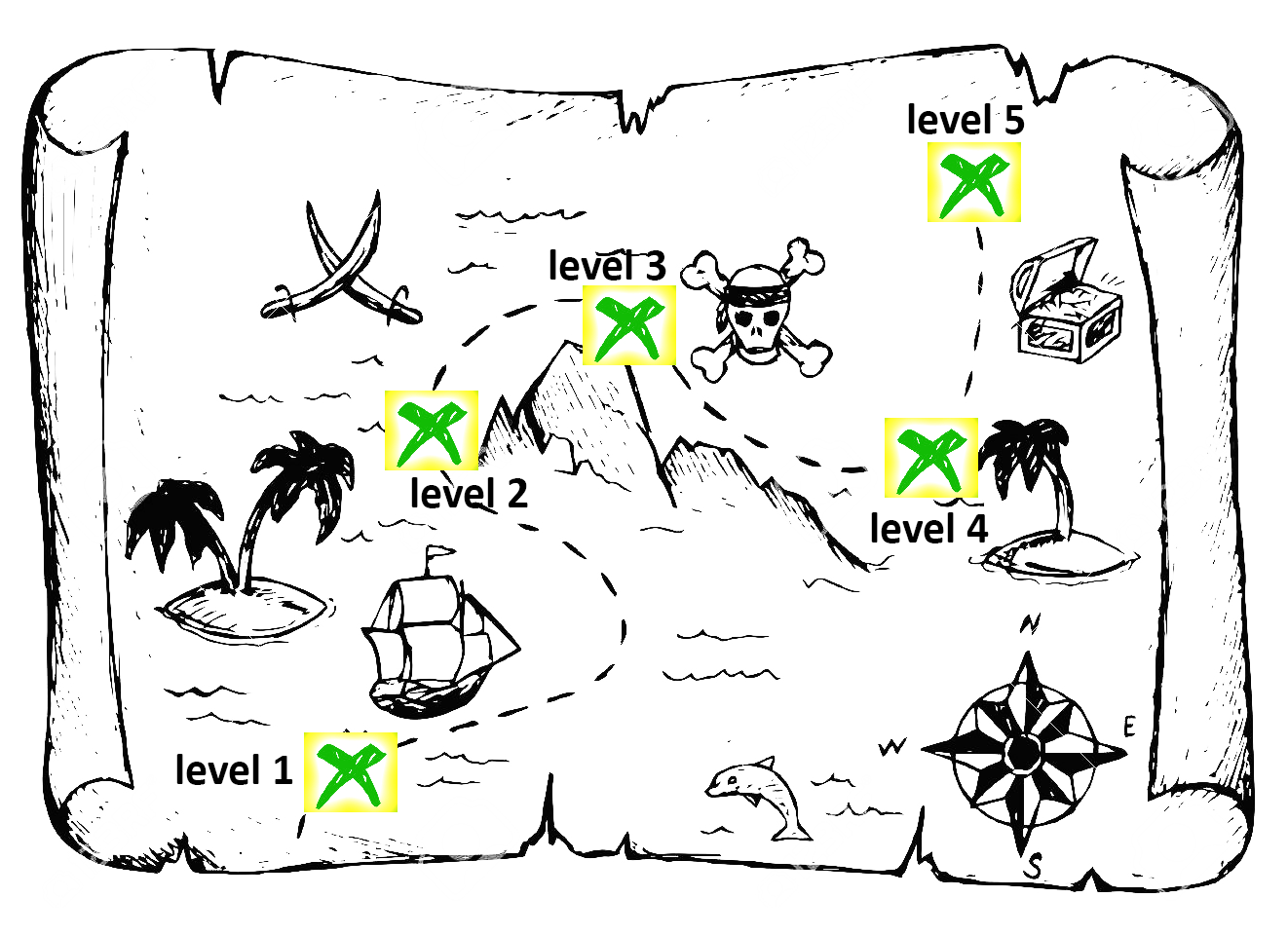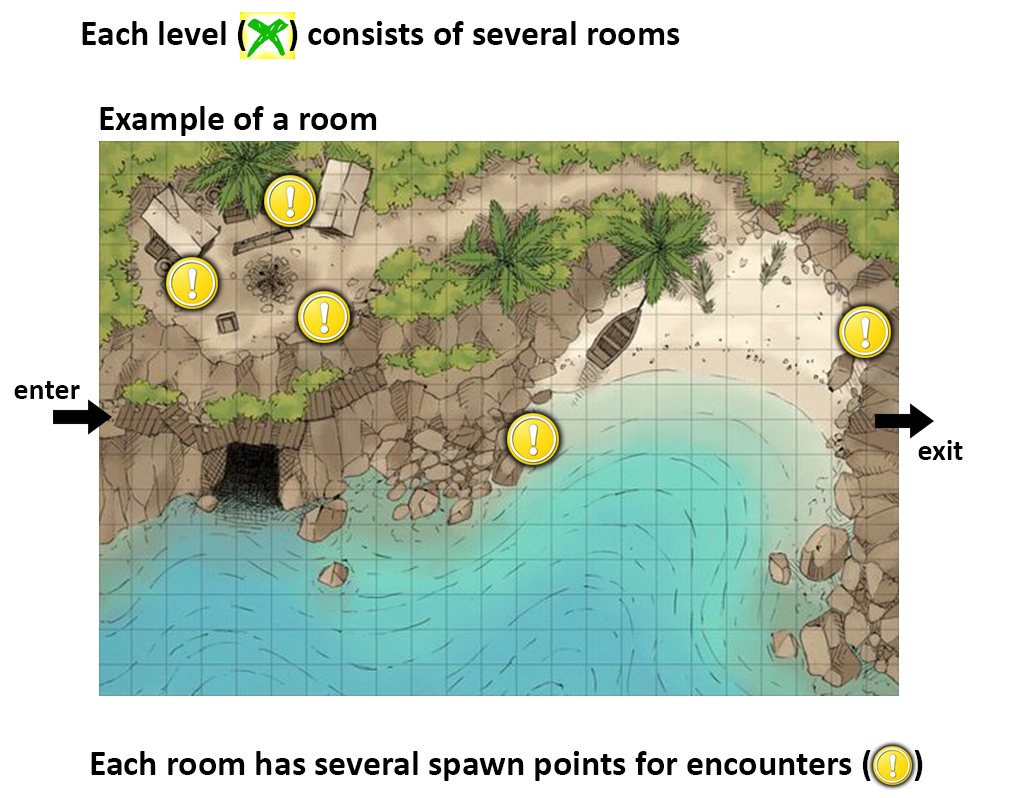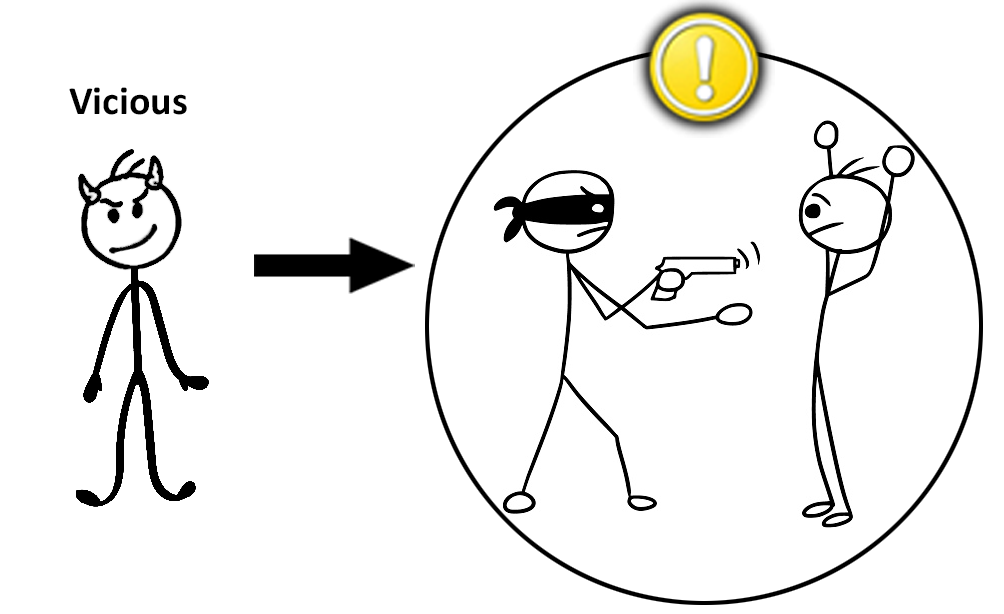I am trying to create the concept of game mechanic, I will be very happy if someone can help with advice, an idea or just a feedback.
In short, I want to make a coop roguelike for two people. I plan it to be a half-slasher, a half-quest with a random plot generated, based on the actions of the players.
For now I'm only thinking about the narrative part, that is, how the roguelike game will generate a story based on the player's actions.
I am inspired by the similar system from Moon Hunters game, and also some mechanics from the Sims, and some mechanics from Quiet year board game.
The system consists of traits, encounters and wishes.
TRAITS
The character of each of the players has a set of traits.
There are 12 of them in total, located on 6 scales.

At the start of the game, the player can choose one trait for the character, this scale gets +2 (or -2). The rest of the bars get the value 0, their value changes during the game, after the player performs certain actions.
All of these parameters are hidden to the player. It means that the player does not see the stripes and their state.

Only the three most developed trait are always visible to the player. This applies to the last three trait that has value of at least +2 or -2, or to the three trait that have the highest positive or negative value. Only these three characteristic that visible to the player participate in calculations and checks.
ENCOUNTERS
I plan the structure of one game "run" something like this.
One playthrough of the game consists of 5 levels.


In the rooms, players can face encounters, it can be an NPC or some kind of object. By behaving in a certain way during the "encounter", the player can gain trait points.
Encounters are randomly generated, but the list from which they drop depends on a number of factors, including the traits of the players' characters.

For example, if the player is "vicious", in the rooms he will definitely face encounters in which he will be given the opportunity to deceive or rob.
Some encounters requires check of certain traits. For example, only a “brave” character will talk to an NPC that looks dangerous. Only a “skillful” character will be able to fix a sophisticated broken mechanism, etc.
Encounters with check of a traits, that players do not have at the moment are always generated according to the "lock-key" principle. For example, if there in a room was generated an encounter that required a "cautious" trait check, then somewhere in the same room another encounter was generated through which this "cautious" trait could be acquired.
WISHES
At the beginning of each room, except for the very first one, the players are shown three thoughts that are spinning in the heads of their characters. Each of the players can choose one of the thoughts and turn it into a wish, or choose nothing. The choice of wishes is a player's tool that allows to directly influence the list from which encounters are generated. With the help of this tool, the player tells the game in which direction he wants to develop the story and traits of his character.

For example, the player, at the start of the room, turned the thought “it would be fun to play a trick on someone” into a wish. This means that one of the encounters that will be generated in the room will be the opportunity to play a trick on the NPC. If the player can correctly play this opportunity, then he will significantly develop the "playfull" trait of his character. Etc.
The thoughts that are shown to the player for selection at the beginning of each room are randomly generated, but the list from which they are selected depends on the current traits of the player's character and the situations he encountered earlier.
CHAINS OF ENCOUNTERS
Situations can form chaines. For example. In the first room, the player got into a situation and helped the NPC farmer pull his cart out of the pit. When the player goes to the second room, and the encounter "robbers attacking npc" is generated there, the game chooses from a possible npcs, an old pal of the player - an npc farmer. The player can intervene in a robbery situation and, depending on his behavior, develop certain trait.
But the point is that in this way a connection is built between two unrelated encounters. From such small episodes, you can develop a more or less global plot.
The player can influence the likelihood of certain encounter chains with the help of wishes.
For example. After the situation with the cart, before the start of the next room, the player sees the thoughts of the character. The player decides to turn the thought "I wonder how the farmer is doing?" in the wish to "find out how the farmer is doing." In this case, in the next room, the game is guaranteed to find a place for the npc farmer in one of the encounters.
What I am thinking about now and what help is needed with.
In theory, this mechanic should work and allow the player to build a kind of plot constructor. But, obviously, it will need balancing, polishing and/or remaking. At the moment I'm trying to make a paper prototype of this game in the form of a board game to test with a couple of friends, in order to undestand how it all plays and if it is playeable at all.
So, my main task is to come up with a list of "wishes" and "encounters" that are associated with certain traits and that can be assembled into a system. This is where advice would come in handy. Or ideas about how you can actually come up with such things effectively.
I also wonder if such a game needs some sort of permanent framework for the global plot. If so, I wonder what would this plot be like in order to organically fit into the gameplay. This is where advice would also come in handy.


